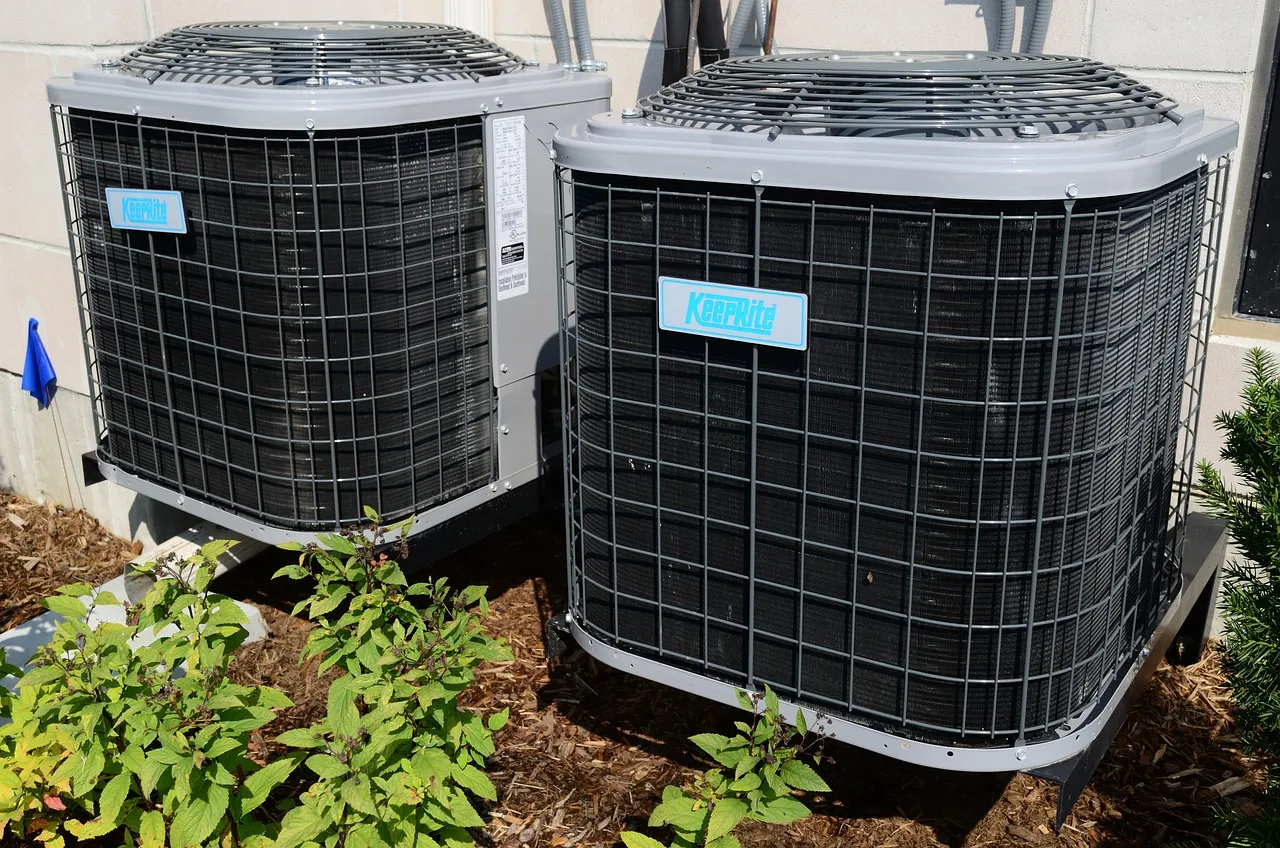What the One Big Beautiful Bill Act Means for Your Taxes

Photo by Pixabay
By Jeff McDermott, CFP® | Create Wealth Financial Planning
Today, I want to walk you through some of the key tax provisions in the One Big Beautiful Bill Act (OBBBA) and how they might apply to you or your financial plan. We won’t get into all the weeds—just enough to give you a sense of what’s changed, what’s temporary, and where to dig deeper if something hits home.
Let’s jump in.
Watch this on YouTube instead
🚨 First: A Quick Disclaimer
I’m a financial planner—not a CPA or tax preparer. Everything here is meant to give you a big-picture view from a long-term planning lens. This discussion here is educational in nature, and always run any tax decisions by your tax professional before making changes.
✂️ Bigger Standard Deductions are Now Permanent
The standard deduction increases from the 2017 Tax Cuts and Jobs Act are now permanent. Here's where they stand for 2025:
- Single taxpayers: $15,750
- Married taxpayers: $31,500
Plus, there’s a new boost for older adults: If you’re age 65 or older, you get an extra $6,000 tacked on to your deduction—per person.
However, that age-based boost phases out at higher income levels and is only around through 2028.
🧂 SALT Deduction Cap Raised through 2029
One of the bigger changes that could open doors for more people to itemize: the SALT (state and local tax) deduction cap just got a serious bump.
- Old cap: $10,000
- New cap (starting 2026): $40,000, increasing 1% per year through 2029
- In 2030, it drops back to $10K unless Congress acts
- Phase-out starts at $500,000 in adjusted gross income
This is good news for folks in high-tax states (think: NY, CA, NJ, CT), or even those in income-tax-free states like Texas with high property taxes.
👉 Interestingly, the $500,000 phase out for SALT deductions is the same for singles and married couples, which effectively builds in a marriage penalty.
🏡 Mortgage Insurance + Other Itemized Deductions
For homeowners: if you put down less than 20% and pay mortgage insurance, those premiums can now be included as deductible interest (if you itemize).
Combine this with the new SALT cap and your other deductions, and itemizing may become more worthwhile for many households again.
❤️ Charitable Deductions for Non-Itemizers Are Back
Remember the COVID-era rule in 2020 where even non-itemizers could deduct small charitable donations? It’s back—and better.
Now, if you don’t itemize, starting in 2026 you can deduct:
- $1,000 in charitable cash donations if you’re a single tax filer, and
- $2,000 for married couples
That’s a win for people who give consistently but don’t typically break the itemization threshold. Save those donation receipts!
🎰 Gambling Loss Deductions Get Trimmed
If you’re a sports bettor or casino-goer, heads up: beginning in 2026 you can now only deduct 90% of gambling losses.
So, even if you break even ($100K wins, $100K losses), you may still owe taxes on $10,000 of “income.” Ouch.
🚗 Auto Loan Interest Deduction (through 2028)
A new deduction lets you write off auto loan interest—but only if:
- The car is assembled in the U.S. (this can be tricky but the VIN number can help you determine eligibility)
- It’s for personal use, not business
- The loan is new and starts after Dec 31, 2024
- The interest is capped at $10,000/year
- There’s an income-based phase-out
- It expires after 2028
Double-check your car’s eligibility before assuming the deduction applies.
💸 “No Tax on Tips & Overtime” through 2028
This one made headlines: between 2025 and 2028, certain tips and overtime pay are exempt from federal income tax.
Important caveats:
- Still subject to payroll taxes (Social Security & Medicare)
- Tip income: Exemption may not matter much for workers in lower tax brackets
- Overtime: Only the extra pay counts as exempt—not your whole paycheck
- Income phase-outs apply here too
If you earn from tips or work regular overtime, this is worth tracking. Just don’t expect massive refunds unless you’re in a higher income bracket.
👶 Child Tax Credit Expanded (Permanently)
This one’s great for families:
- New credit: $2,200 per child
- It’s indexed to inflation
- Phase-outs remain: $200K for single filers, $400K for joint
The phase-out thresholds are not indexed for inflation—so expect more families to lose eligibility over time unless Congress updates it.
📚 More Flexibility for 529 Plan Funds
529 plans now cover more education-related expenses, including:
- More K-12 expenses
- Professional certifications
If you’ve been saving in a 529 and wondering how to use the funds without triggering penalties if the money doesn’t all go towards college, this expansion is a welcome change.
⚰️ Estate Tax Exemption Raised
The federal estate and gift tax exemption is now:
- $15 million per person, and
- Indexed to inflation
For high-net-worth families, this gives more room for wealth transfer planning—but remember, future Congresses could easily reduce it again.
🌱 Clean Energy Credits Are Being Phased Out Fast
If you’re considering solar panels, EVs, or home energy upgrades, act soon:
- Clean vehicle credit ends after Sept 30, 2025
- Home charging equipment must be installed by June 30, 2026
- Energy-efficient home improvements (windows, ACs, etc.) must be installed by Dec 31, 2025
- Residential clean energy credits (solar, geothermal, etc.) also expire end of 2025
If these upgrades are already in your budget, it might be worth accelerating your timeline.
🧠 Planning Takeaways
Let’s wrap this up with a few quick planning thoughts:
- Know what’s temporary – Many provisions expire in 2028 or sooner. Plan accordingly.
- Watch your income thresholds – Many deductions have phase out ranges that will reduce or eliminate them at various income levels.
- Consider bunching deductions – For example, paying two years of property taxes in one calendar year might help you clear itemization hurdles.
- Coordinate with your tax pro – Especially if you’re considering IRA distributions, Roth conversions, or selling investments that impact income levels.
- Act on energy-related incentives soon – Many of those credits are sunsetting fast.
Final Word
There’s a lot packed into the One Big Beautiful Bill Act. Some of it may benefit you. Some of it might not. The most important thing? Stay informed and don’t leave potential opportunities on the table—even if they’re short-lived.
If something here jumped out at you, don’t hesitate to reach out. I’m always happy to help you figure out how the pieces fit into your bigger financial picture.


